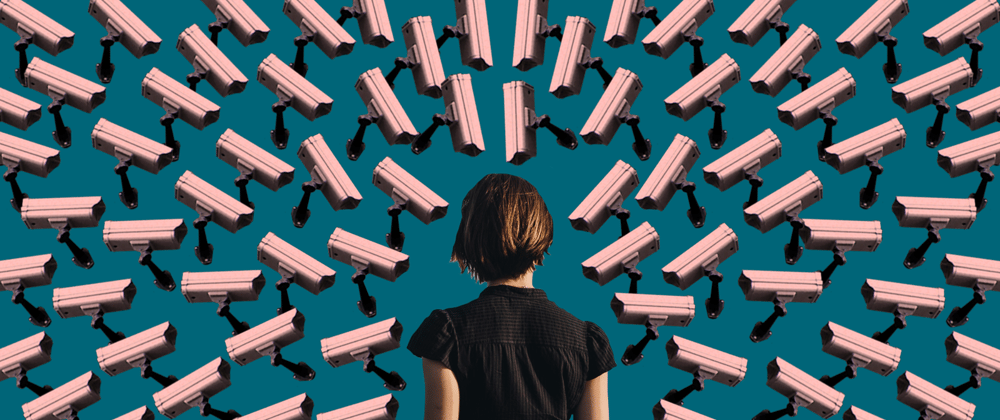VPN stands for, “Virtual Private Network”. A VPN is crucial in modern day security. Sometimes, even the best internet connections have issues. Having a VPN is not only great for privacy and security, it is also used to diagnose internet connection issues. A VPN works by encompassing your internet connection into a VLAN or “Virtual Local Area Network”. It’s virtual in the sense that the technology ends up being a LAN over the internet, but the actual data is sent via the wire and through IP. It may appear and function exactly like a LAN but the endpoints are over a WAN or, “Wide Area Network”.
When choosing a VPN you not only want to choose something correct but you want to choose something you won’t do the exact opposite of what you are trying to do, and that is provide an alternate but secure connection to the internet. It makes little sense to be on a compromised network and connect to some sketchy network that is less than secure. A few have been out there for a while most are the same, I’ll go over which one to choose in a minute. For now, I will explain what a VPN does.
For those of you who are tricked into believing that a VPN hides you from the outside world, you are mistaken. The VPN does encrypt your otherwise non-encrypted data. For instance, DNS queries are shielded from your ISP. If your internet service provider chooses to monitor you, its very easy if you are using their DNS servers. Even more so, queries are often sent in plain text. They can tell what sites you go to very easily. Using a VPN prevents your ISP from snooping. It also causes them to use sources that are less immediate when trying to exploit your information. They will have to check analytics instead of live domain name queries.
Using a VPN also protects your privacy. By shielding your IP address, websites and servers you visit online will be unaware where your connection is coming from. It hides your source connection IP address from servers by using the VPN’s IP address. This means, playing online games you will be less likely to be attacked offline when you disconnect your VPN from the game providing you did not use your IP address. There is nothing like doing really well on a game to be attacked and unable to stream NetFlix later on that evening. It’s happened a lot in the past. Also if you are simply online you are a target, you don’t necessarily have to do well. A VPN prevents this.
If you have a rather difficult and restrictive ISP that likes to block you from watching certain shows, or blocks sites, a VPN can shield you from this as well. For instance, a hotel will only let you do certain things sometimes, connecting a VPN allows unrestricted access and protects all your information via encryption.
Choosing the best VPN is simple. There is only one I truly recommend and that is Proton VPN. The second choice is cyber ghost and third is nord. I do not recommend the latter because I’ve noticed tracking going on. Even under the discounted pricing options, I don’t believe you should be tracked this way. It was never fully disclosed and that can mean only one thing, disrespect to the users. Proton is different. They try their best and provide quality, real servers. I’ve had high level attacks, I’ve noticed proton is the only one able to adapt. Their security is top notch. The technology just works, and I really can’t ask for more. I’m super happy with it.
The best option, create your own. Buy a VPS, virtual private server, and learn how to create a VPN server and make your own. You don’t really need to hop different Ips for security. If you can, creating your own is crucial if you are planning to be serious about security. Having a remote access point you can dial into helps. If you are a regular user? Stick with proton. It’s easy, safe, works, and I’ve been using it forever. They also provide top notch secure email. For free.
When selecting the options what are the best ones to choose?
Most definitely, TCP over UDP. Using UDP is okay for speed, but it can be attacked. Also, choosing IKEv2 over OpenVPN. IKEv2 has been around forever. IKEv2 is the best bet. When you cannot connect, use the stealth option. Wireguard is GREAT for gaming, but I’ve noticed they can switch you off it, and back to regular net and back again without getting you disconnected. I’m not too sure, but it was enough to raise alarm so I will have to mark that with an asterisk. OpenVPN is a fine option as well. Most OpenVPN configurations are done using the network manager with Linux, however, so you may simply right click the network icon to connect.
One of my favorite ways to test the VPN connection is by reading the news in foreign countries. Make sure to clear the cookies and use the correct search engines. For instance, Google and Youtube do not exist in China, unless they are using a VPN. However as of this time, Google China is making an entrance and it appears Google is coming back to China. They probably needed to clean up for the decency laws.
Thanks for reading!







Top comments (4)
For security it just works in mind, in real life it works like that you will be more likely secured. In real life vpn won't protect you anyway, all other is marketing. The only real good point of vpn is if you cant acces restricted (like youtobe in China. P.S. China blocking mostly all vpn's anyway...) information in other country, you can pass it easy by changing your geo location, that's it.
A VPN Most certainly does protect you. In China, however, you might have an app that claims to be a VPN, but it is not an actual vpn. Also they distribute the VPN with an ability to disconnect it and monitor your connection.
A VPN Encrypts your traffic and hides the information from attackers. They are unable to VIEW or MODIFY the traffic that is encrypted unless they have the decryption key or token. This is relatively more secure.
What you are talking about is the advertising agencies that are out of control and violate laws to bring you advertisements. A VPN can help if the VPN provider blocks the hosts that are causing the issue. A VPN Can help determine whether or not the advertiser is doing things purposefully or if they are claiming they got hacked or they claim it is the users connection. A VPN can help prove security between two points.
There is no GEO location. This is determined by IP address and is often mislabeled with old or incorrect labels. There is no standard of a GEO location these are made up by technology provider.